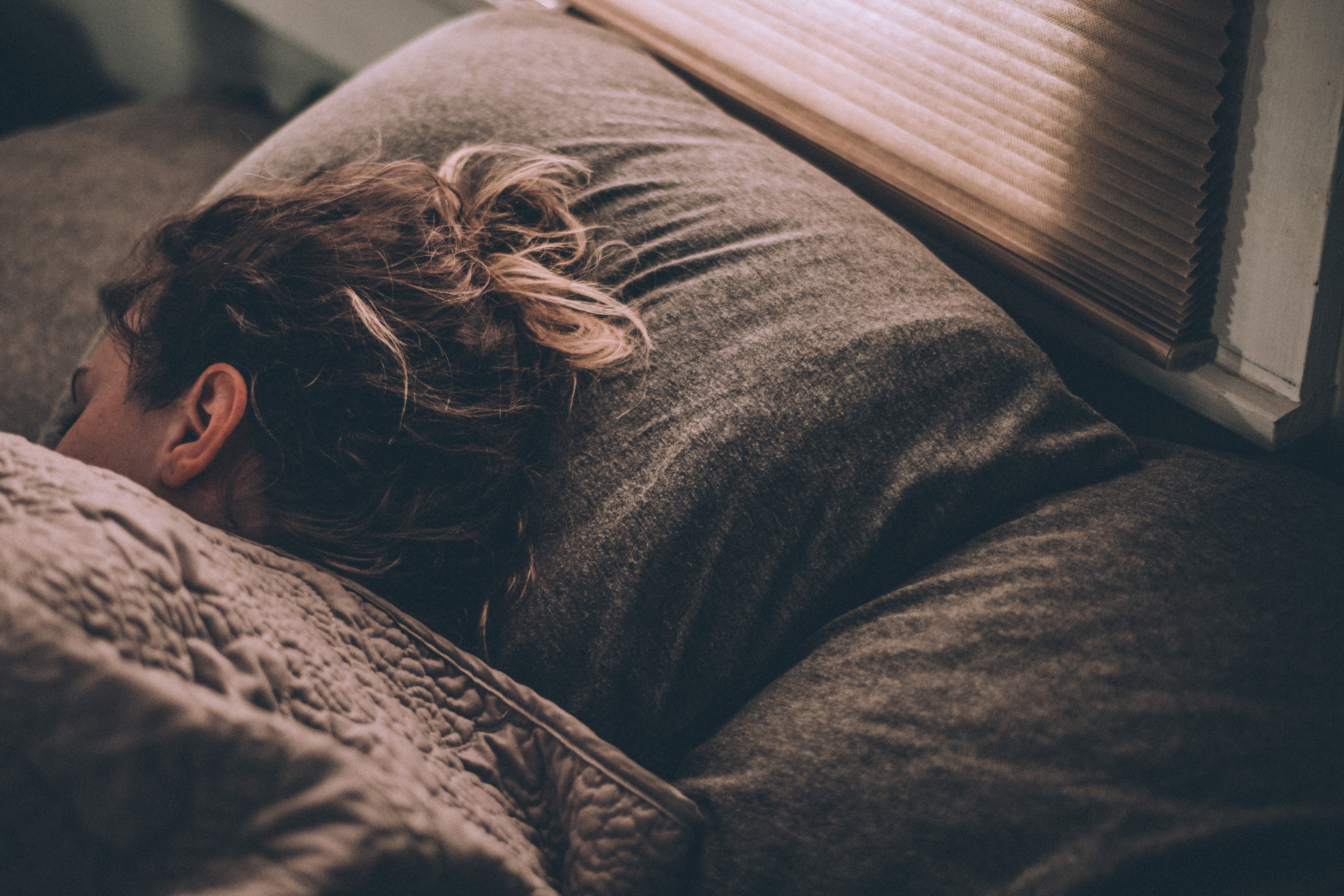Does Cannabis Help You Sleep?

Cannabis is consumed for a plethora of reasons, but a common use among both recreational and medical consumers is as a sleep aid. In fact, around 70% of users report that they consume cannabis at least in part to help them fall asleep, with some reporting that not only does cannabis help them fall asleep, but it actually improves their sleep altogether. But does the science support the anecdotes?
It’s important to note that with cannabis still recognized federally as a schedule 1 drug, the amount of research necessary to prove anything to be absolutely true or false about the plant just simply isn’t there. Until legalization, all we have are limited case studies and anecdotal references that we can draw from, but take any article claiming anything absolute about the effects of cannabis with a grain of salt.
How Does Marijuana Work as a Sleep Aid?
The way cannabis affects your body, and by extension, your sleep, depends a lot on your own personal physiology as well as the specific cannabis strain that you’re smoking. It is believed that a lot of the sleepy side-effects of cannabis happen because of the way that they bind to cannabinoid receptors. When THC binds to endocannabinoid receptors, one of the effects that has been monitored is the increased production of adenosine, which has a lot of properties, but is particularly known for initiating sleep.
THC vs CBD
Sleepiness isn’t necessarily the first or only effect brought on by smoking cannabis as the high is also greatly affected by each strain’s terpene profile and THC levels. These factors combined with how often the consumer uses cannabis can all affect how well cannabis works as a sleep aid.
This brings us to an important point - the cannabinoids that are in the cannabis that you’re consuming also matter greatly. The two most commonly found cannabinoids, THC and CBD, bind to endocannabinoid receptors differently, thus causing different effects in the brain. THC is generally found to have some sedative properties, but depending on the THC levels and terpene profile of the strain as well as how much you consumed, you may actually find it hard to fall asleep initially. For example, if you’re smoking a high THC sativa strain like Super Silver Haze, you may find yourself counting sheep for a while before you actually fall asleep.
When it comes to acting as a sleep aid, CBD may have a biphasic effect on your body, meaning its effects may change depending on how much you consume. CBD can be found to increase alertness in smaller doses, but may induce sleepiness in larger doses.
Is it healthy to use cannabis as a sleep aid?
When it comes to cannabis and sleep in particular, it seems like the answer to the question “Does weed help with sleep” may be a bit of a two parter. In the short term, yes, cannabis may be a potential sleep aid, as we’ve already discussed. However, studies also seem to indicate that long term use of cannabis as a sleep aid may actually do more harm than it does good.
While cannabis may help you fall asleep faster, it may also completely alter the structure of your sleep cycles. Studies seem to suggest that short-term cannabis use may increase the amount of time that you spend in deep sleep, which is that part of your sleep that help you wake up feeling rested and ready for your day. That being said, THC has also been found to decrease the amount of rapid eye movement (REM) sleep you get at night. REM cycles are when you dream, and are your brain’s chance to refresh and restore itself, as well as process emotions and solidify new memories. Chronic lack of REM sleep can result in some serious health effects, including dementia and depression. That being said, more research is needed before we can state exactly how your sleep is affected by cannabis.


